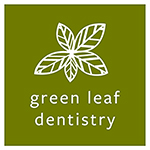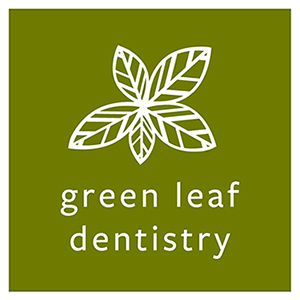During pregnancy, about half of all women experience a condition called pregnancy gingivitis. Gingivitis is an inflammation of the gums that is caused when plaque accumulates at the base of the teeth along the gum line.

What is pregnancy gingivitis?
Gingivitis occurs when plaque, which contains bacteria, builds up on the teeth and then produces toxins that irritate your gums. If you have bleeding, red, puffy and sore gums, you may have gingivitis.
Pregnancy gingivitis is caused by a rise in the hormone progesterone, which exaggerates the response to plaque leading to sensitive, swollen and bleeding gums when you brush or floss. While pregnancy gingivitis can occur anytime, it is most common between the second and eighth month of pregnancy.
Occasionally a red lump or overgrowth develops on the gums, typically near the upper front teeth. These are called pregnancy tumors, but do not panic as they are neither cancerous nor contagious. If you have a pregnancy tumor you should contact Dr. Howell at Green Leaf Dentistry who will examine you to and discuss measures to manage the swelling and to give you peace of mind.
Why is it important to control pregnancy gingivitis?
Keeping a close eye on pregnancy gingivitis is very important so that it doesn’t progress into a more serious form of gum disease called periodontitis. Periodontitis can lead to serious oral health problems and even tooth loss. Your overall health, as well as the health of your baby can be affected by the health of your teeth and gums.
What can you do to prevent or minimize pregnancy gingivitis?
Controlling plaque is the most important thing you can do to prevent pregnancy gingivitis. A proper routine at home of plaque removal must begin even before you are pregnant. Not all oral care products are the same, so be sure to choose a toothpaste and mouthwash designed to treat plaque and gingivitis. Also try a soft electric toothbrush to make the plaque removal a little easier.
Try to eat a diet rich in balanced, whole foods. Eat a variety of fruits, vegetables, whole grains, dairy products and lean proteins to optimize your health and that of your growing baby.
Choose water or milk over juices and sodas. Stay away from foods that are sugary or starchy, like candy, cakes, and dried fruits. Over time, all those sugars and starches can attack your teeth and gums.

